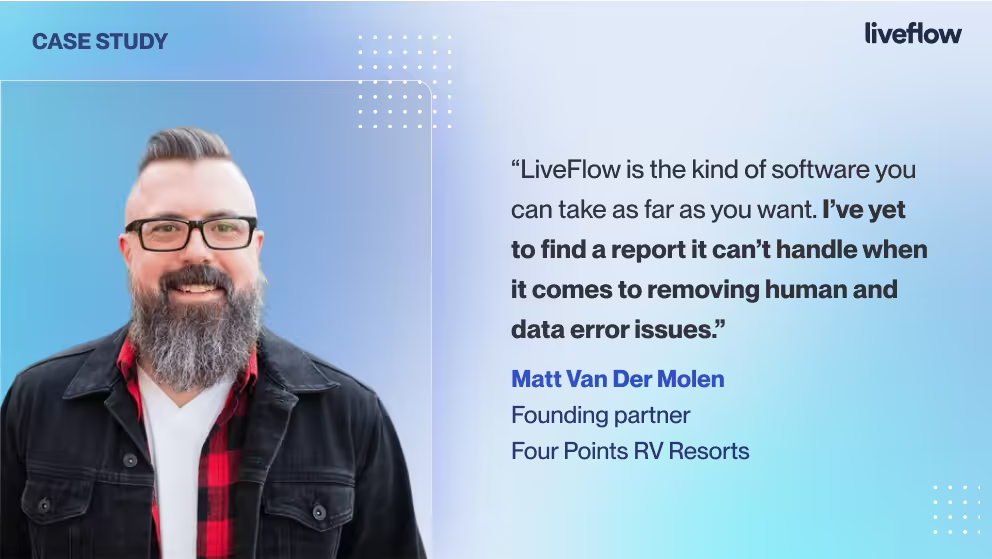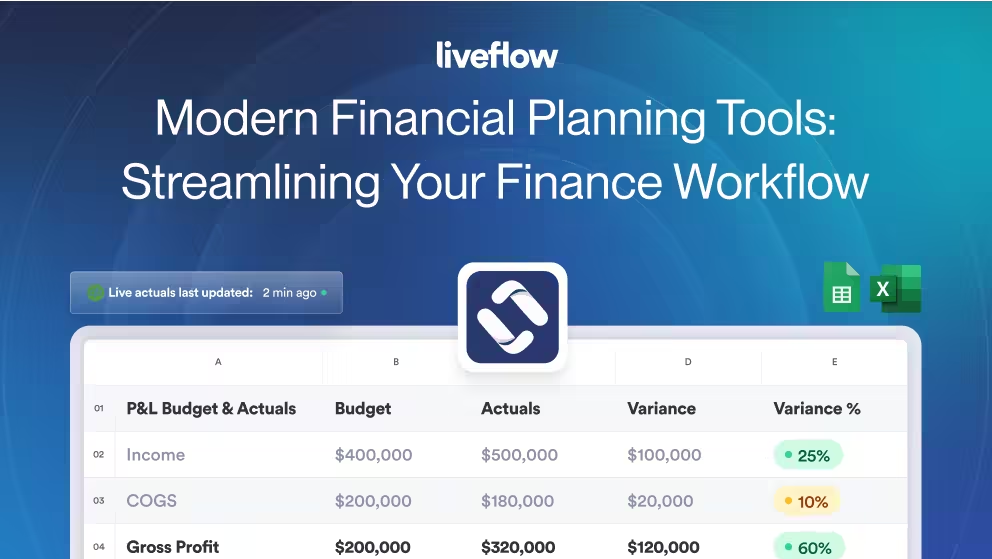Blog
Learn about accounting & finance, become a Google Sheets master and a lot more!
Thank you! Your submission has been received!
Oops! Something went wrong while submitting the form.
Thank you! Your submission has been received!
Oops! Something went wrong while submitting the form.
Featured blog posts
All blog posts
Sorry! We couldn't find any results for that yet.
Know a vendor we should add to our partner directory? Email us at founders@liveflow.io












.avif)





.png)



.png)
.png)
.png)


.png)
.png)

.png)











%3F.png)









.png)

























.png)








.png)


.png)


.png)

.png)


.png)


